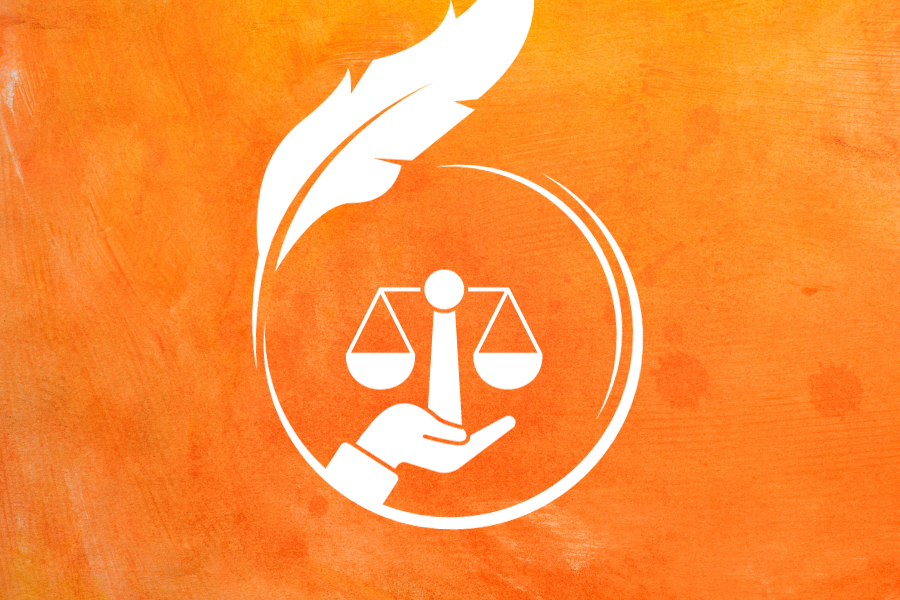R. v. Gladue established guidelines for courts when dealing with Indigenous people
If you identify as an Indigenous person and find yourself charged with a criminal offence, the Court must consider these Gladue Principles and the Gladue Factors that apply to you. Be sure to ask your lawyer, duty counsel, or Indigenous court worker about additional supports that may be available to you.
Here is some basic information about Gladue principles and factors and when they come into play:
What are Gladue Principles?
“Gladue Principles” come from a 1999 Supreme Court of Canada decision in a case called R. v. Gladue. In this decision the Court recognized the following principles in relation to an Indigenous accused:
- The overrepresentation of Indigenous people in the criminal justice system is a serious and complex issue rooted in systemic discrimination and the history of colonialism;
- The unique systemic or background factors which may have played a part in bringing an Indigenous person in contact with the law should be considered in criminal justice decision-making; and
- All other alternatives, including culturally appropriate restorative and traditional Indigenous justice processes, should be considered before sending an Indigenous person to jail.
What are Gladue Factors?
The unique systemic and background factors that have contributed to an Indigenous person being in contact with the law are collectively known as “Gladue Factors.” These include, but are not limited to:
- Intergenerational trauma stemming from residential school and day school attendance;
- The 60s Scoop, where the government removed Indigenous children from their homes;
- Loss of culture, traditions, language;
- Disruption of family and community connections;
- Sexual, physical, psychological, emotional, verbal and spiritual abuse;
- Personal, family, and community impacts of alcohol and drug abuse;
- Negative experiences and racism in foster care, employment, healthcare, and educational opportunities; and
- Poverty.
When are Gladue Principles and Gladue Factors applied?
Canadian courts have found that Gladue Principles and Gladue Factors apply to the following legal proceedings:
- Bail
- Sentencing
- Appeals
- Parole Board of Canada hearings
- Long-term or dangerous offender hearings
- Mental health review boards
- Extradition
- Professional disciplinary decisions
This information gives a basic outline of Gladue Principles and Factors as applied in the Canadian Justice System. If you would like more in-depth information, please visit the resources listed below.
- Systemic change informed by Gladue Principles to address Indigenous overrepresentation in the criminal justice system
- What does Gladue mean? – Steps to Justice
- Gladue principles | Aboriginal Legal Aid in BC


